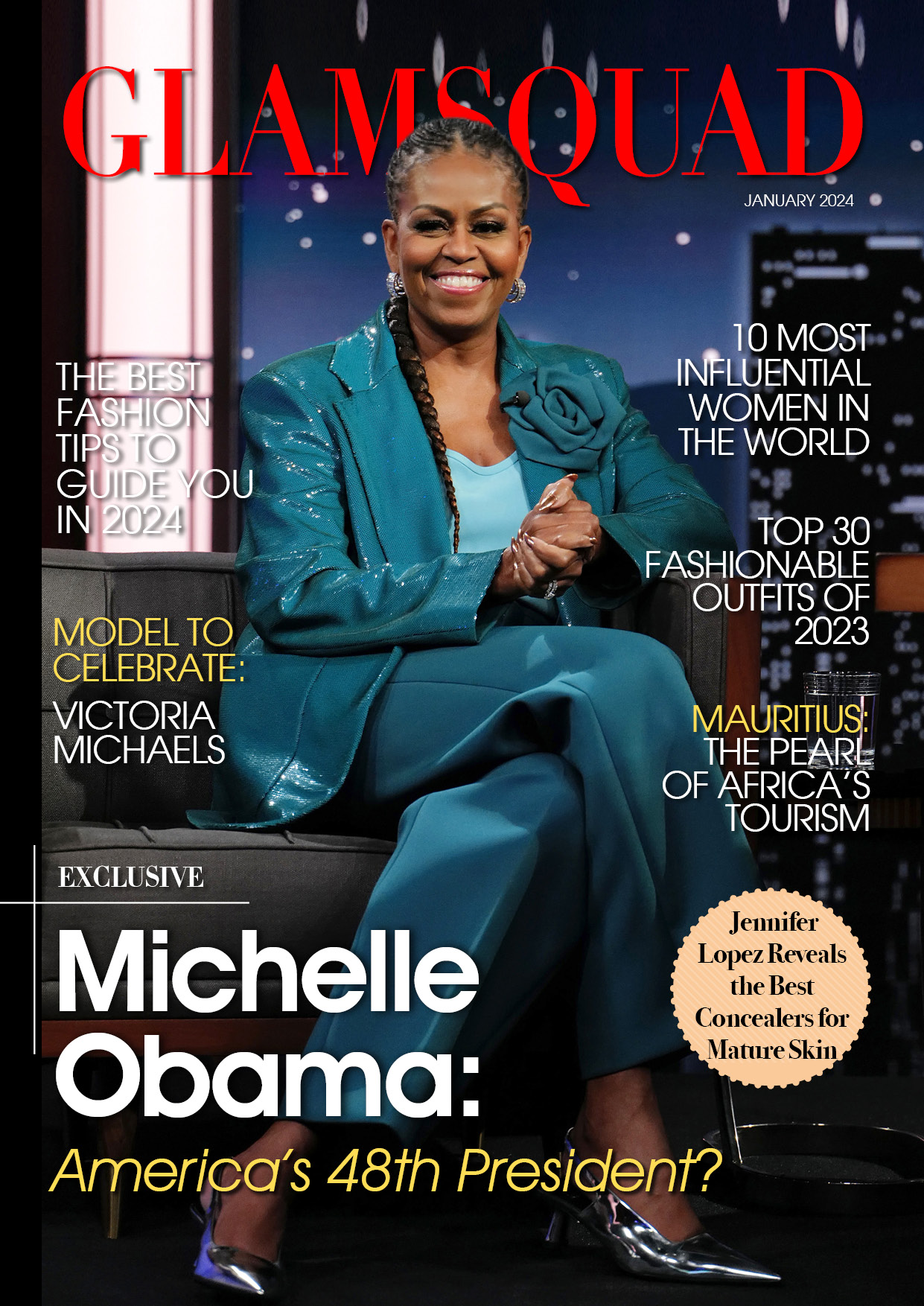Rapper JAY-Z covered the most recent issue of The New York Times Style Magazine, and sat with its executive editor Dean Baquet to discuss race, therapy, having a family, and his mother’s sexuality.
On race, JAY-Z discussed his song “The Story if O.J.,” which has as its subject the fallen sportsman O.J. Simpson.
He talked about O.J. getting to a place of influence and leaving his people behind. “For us to get in that space and then disconnect from the culture. That’s how it starts. This is what happens. And then you know what happens? You’re on your own, and you see how that turned out,” he said.
The goal, he said, is to get to a place of influence through a God-given ability, and pushing for equality through that position. He said:
The goal is, if you have a specific God-given ability, is to live your life out through that. One. And two, we have a responsibility to push the conversation forward until we’re all equal. Till we’re all equal in this place. Because until everyone’s free, no one’s free, and that’s just a fact.
He quoted a Kanye West line from his song “Never Let Me Down,” saying racism is still rife in America. He said:
There was a great Kanye West line in one of [his] songs: “Racism’s still alive, they just be concealin’ it.”
He also discussed growing from therapy, adding that the most important thing he got is that “everything is connected.”
He talked about going into survival mode to get through the pain, saying:
You have to survive. So you go into survival mode, and when you go into survival mode what happen? You shut down all emotions. So even with women, you gonna shut down emotionally, so you can’t connect.
In my case, like it’s, it’s deep. And then all the things happen from there: infidelity …
On his mother being gay, JAY-Z said he’d been aware since he was a teenager, adding that no one spoke about it, and it was just something everyone knew. He said:
W never spoke about it. Until, like, recently, now we start having these beautiful conversations, and just really getting to know each other. We were always good friends but now we’re really great friends. You know. And we were just talking as friends. And then she was sharing that she was in love. She can be herself [now]. She doesn’t have to hide for her kids or feel like she’s embarrassing her kids. It was a much different time then. [Now] she can just live her full life, her whole life, and be her.
Read the entire editorial on The New York Times Style Magazine.
Photo Credit: Henry Taylor exclusively for T.











